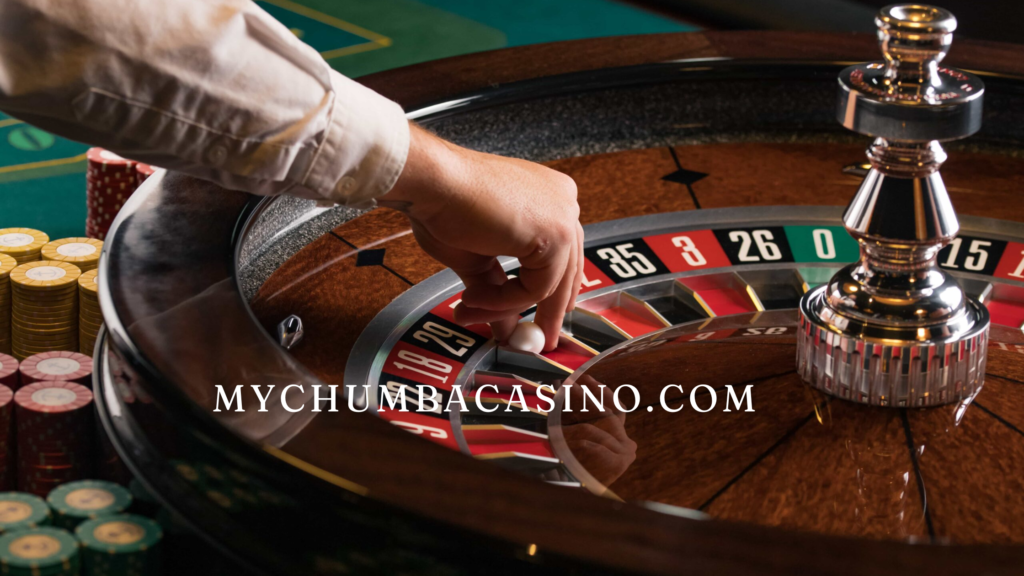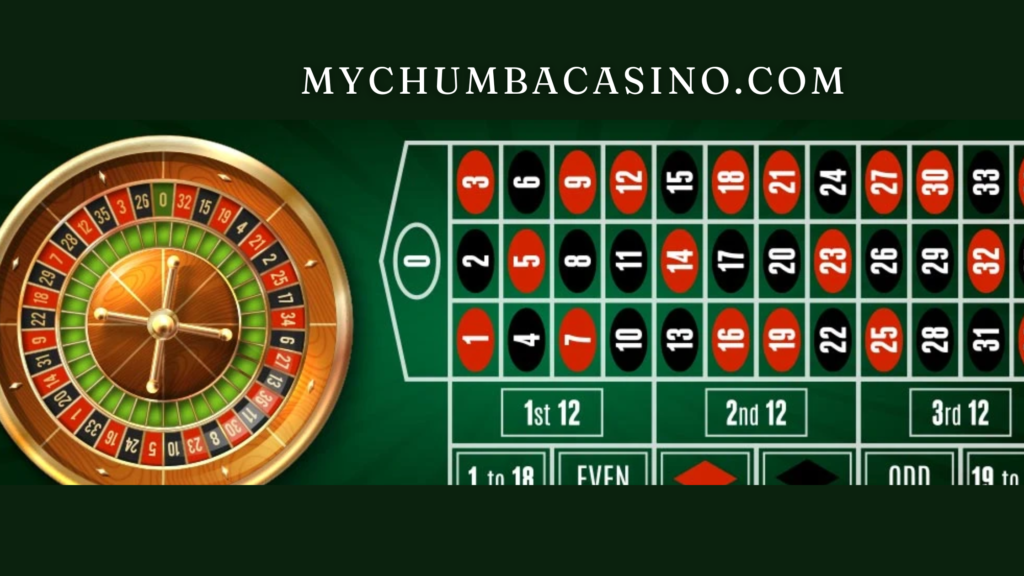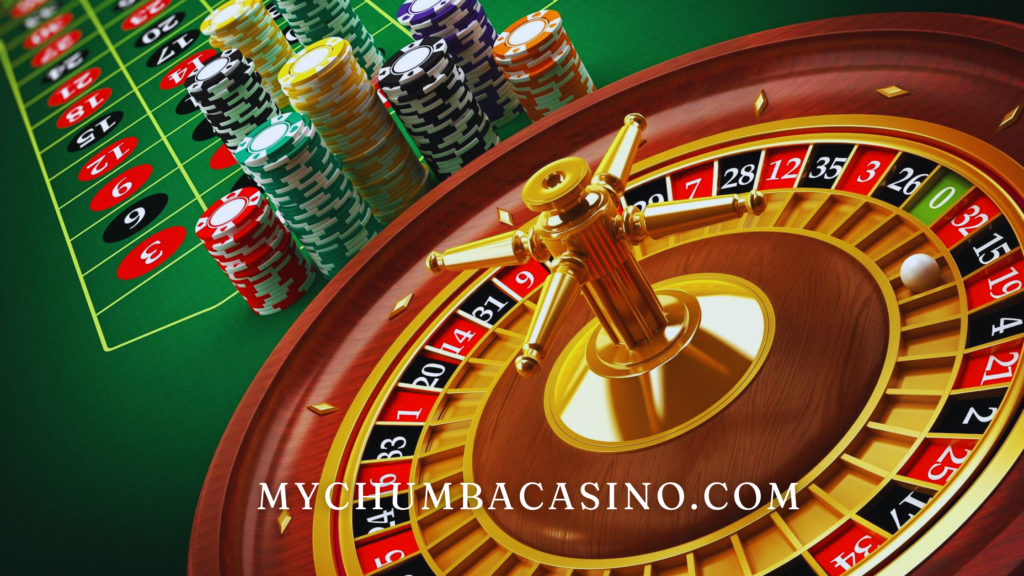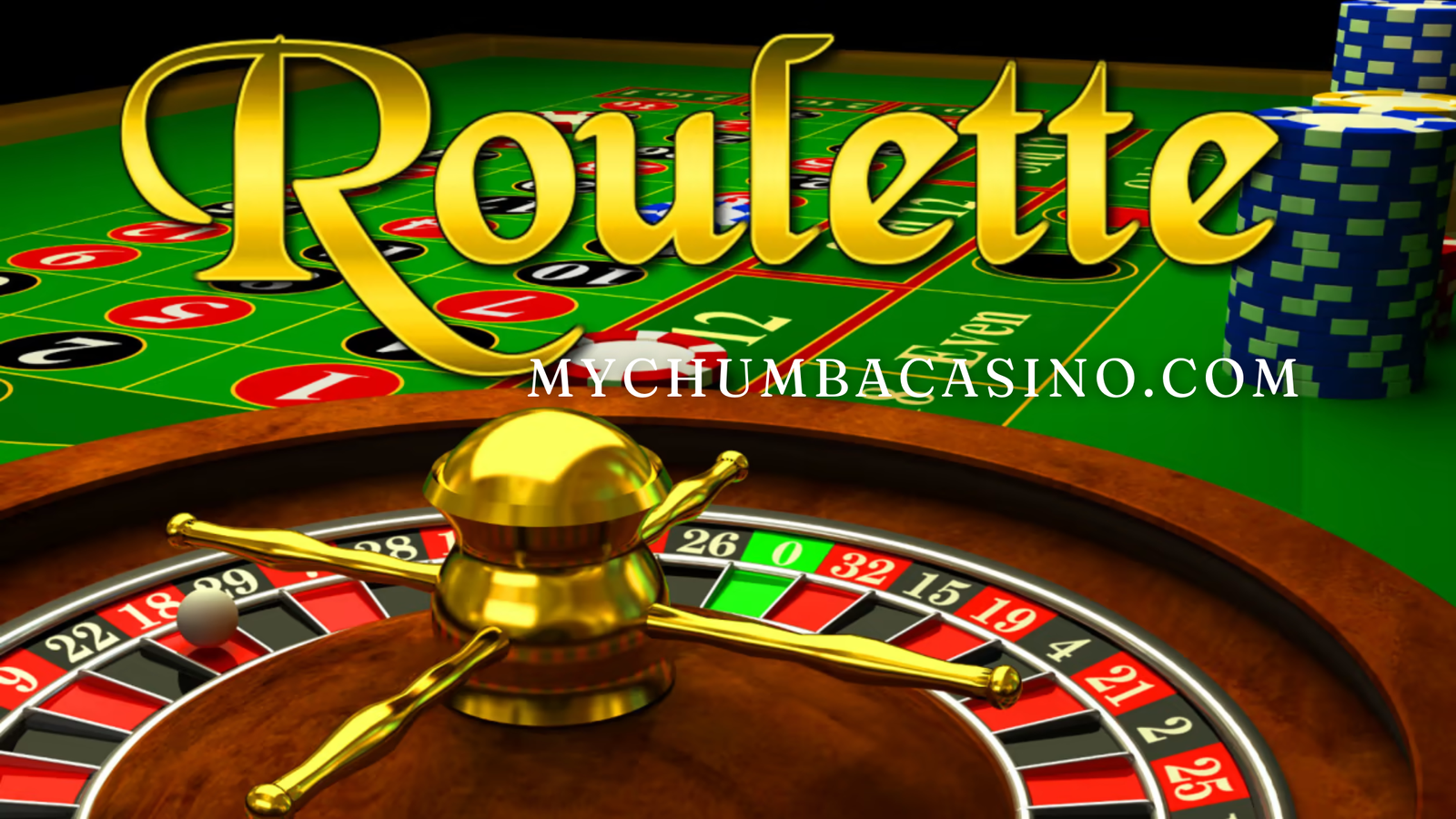Introduction
Roulette, a classic casino game, has captivated players for centuries with its blend of chance and strategy. The iconic spinning wheel, the anticipation of the ball’s final resting place, and the potential for significant winnings make Roulette a favorite among gamblers worldwide. This article delves into the game’s history, rules, strategies, and various forms, providing a comprehensive overview for both novice and seasoned players.
The History
The origins of Roulette can be traced back to 18th-century France. The game evolved from a combination of English wheel games, Italian board games, and the French game “Biribi.” The word “Roulette” itself means “little wheel” in French. Blaise Pascal, a French mathematician, is often credited with inventing an early version of the wheel while attempting to create a perpetual motion machine.
The Evolution of Roulette
Over the centuries, Roulette has undergone several transformations. The early French version featured both a single zero and a double zero, similar to the modern American Roulette wheel. However, in the mid-19th century, French siblings Francois and Louis Blanc introduced a single zero version in Germany, significantly reducing the house edge and making the game more appealing to players. This version eventually became known as European and remains popular in casinos worldwide.

The Basics of Roulette
Roulette is a relatively simple game to understand, yet it offers a wide range of betting options that can be overwhelming for beginners. The game consists of a wheel with numbered slots ranging from 0 to 36. In American, an additional 00 slot is present. The numbers are alternately colored red and black, with the 0 and 00 slots colored green.
Players place their bets on a table marked with the corresponding numbers and various betting options. The dealer, or croupier, then spins the wheel in one direction and rolls a small ball in the opposite direction. Players can place their bets until the croupier announces “no more bets.” The ball eventually lands in one of the numbered slots, determining the winning number and color.
Types of Bets
Roulette offers a variety of betting options, which can be categorized into inside and outside bets. Understanding these bets is crucial for developing an effective Roulette strategy.
Inside Bets
Inside bets are placed directly on the numbered grid and offer higher payouts but lower odds of winning. Some common inside bets include:
- Straight-Up Bet: Betting on a single number. This bet offers the highest payout at 35 to 1.
- Split Bet: Betting on two adjacent numbers by placing a chip on the line between them. This bet pays 17 to 1.
- Street Bet: Betting on three consecutive numbers in a row. This bet pays 11 to 1.
- Corner Bet: Betting on four numbers that form a square. This bet pays 8 to 1.
- Line Bet: Betting on two adjacent rows of numbers, totaling six numbers. This bet pays 5 to 1.

Outside Bets
Outside bets are placed outside the numbered grid and offer lower payouts but higher odds of winning. Some common outside bets include:
- Red or Black: Betting on the color of the winning number. This bet pays 1 to 1.
- Odd or Even: Betting on whether the winning number will be odd or even. This bet pays 1 to 1.
- High or Low: Betting on whether the winning number will be in the lower half (1-18) or the upper half (19-36) of the numbers. This bet pays 1 to 1.
- Dozen Bet: Betting on one of three groups of 12 numbers (1-12, 13-24, 25-36). This bet pays 2 to 1.
- Column Bet: Betting on one of the three columns of numbers on the table. This bet pays 2 to 1.
Variations of Roulette
Roulette comes in several variations, each with its unique rules and house edge. The three most common versions are European, American, and French.
European Roulette
European Roulette is the most popular version, featuring a single zero and 37 slots. The house edge in European Roulette is 2.7%, making it a favorite among players seeking better odds.
American Roulette
American is similar to European Roulette but includes an additional 00 slot, bringing the total number of slots to 38. This additional slot increases the house edge to 5.26%, making it less favorable for players compared to Europeans.
French Roulette
French Roulette is similar to European Roulette but includes additional betting options and rules that can further reduce the house edge. One such rule is the “La Partage” rule, which allows players to recover half of their even-money bets if the ball lands on zero. This rule reduces the house edge on even-money bets to 1.35%, making French the most advantageous version for players.
Strategies for Winning
While Roulette is primarily a game of chance, several strategies can help players maximize their chances of winning. It’s important to note that no strategy can guarantee a win, as the outcome of each spin is entirely random. However, understanding and employing these strategies can enhance the overall Roulette experience.

The Martingale System
The Martingale system is one of the most well-known betting strategies in. The concept is simple: double your bet after each loss until you win. Once you win, return to your original bet. This system aims to recover all previous losses with a single win. While the Martingale system can be effective in the short term, it requires a substantial bankroll and has a high risk of significant losses if a long losing streak occurs.
The Reverse Martingale System
The Reverse Martingale system, also known as the Paroli system, involves doubling your bet after each win instead of each loss. This strategy aims to capitalize on winning streaks while minimizing losses during losing streaks. The key to the Reverse Martingale system is setting a limit on the number of consecutive wins before resetting to the original bet.
The Fibonacci System
The Fibonacci system is based on the famous Fibonacci sequence, where each number is the sum of the two preceding ones. In this strategy, players increase their bets according to the Fibonacci sequence after a loss and move back two steps in the sequence after a win. This system aims to recover losses gradually and is considered less risky than the Martingale system.
The D’Alembert System
The D’Alembert system is a more conservative betting strategy where players increase their bet by one unit after a loss and decrease it by one unit after a win. This system aims to balance wins and losses over time and is suitable for players with a smaller bankroll.
Tips for Playing Roulette
Whether you’re a novice or an experienced player, these tips can help enhance your Roulette experience and improve your chances of winning:
- Choose the Right Variation: Opt for European or French Roulette over American Roulette to benefit from the lower house edge.
- Set a Budget: Determine your bankroll before playing and stick to it. Avoid chasing losses and know when to walk away.
- Understand the Odds: Familiarize yourself with the different bets and their odds. Place bets with higher probabilities to increase your chances of winning.
- Practice for Free: Many online casinos offer free Roulette games. Use these opportunities to practice and develop your strategy without risking real money.
- Manage Your Bets: Avoid placing all your bets on a single number or high-risk bets. Diversify your bets to balance risk and reward.
- Stay Calm and Enjoy: Remember that is a game of chance. Stay calm, enjoy the experience, and don’t let emotions drive your decisions.
The Future of Roulette
With the advent of online casinos and live dealer games, Roulette has reached new heights of popularity. Technological advancements have made it possible for players to enjoy Roulette from the comfort of their homes while experiencing the thrill of a live casino. Virtual reality (VR) and augmented reality (AR) are set to revolutionize the online gaming experience further, providing even more immersive and interactive games.
Conclusion
Roulette is a timeless casino game that combines simplicity with excitement, making it a favorite among gamblers worldwide. Whether you prefer the lower house edge of European Roulette, the unique rules of French, or the challenge of American, understanding the game’s intricacies and employing effective strategies can enhance your experience and potentially increase your winnings. Remember, Roulette is ultimately a game of chance, so play responsibly and enjoy the thrill of the spin.
